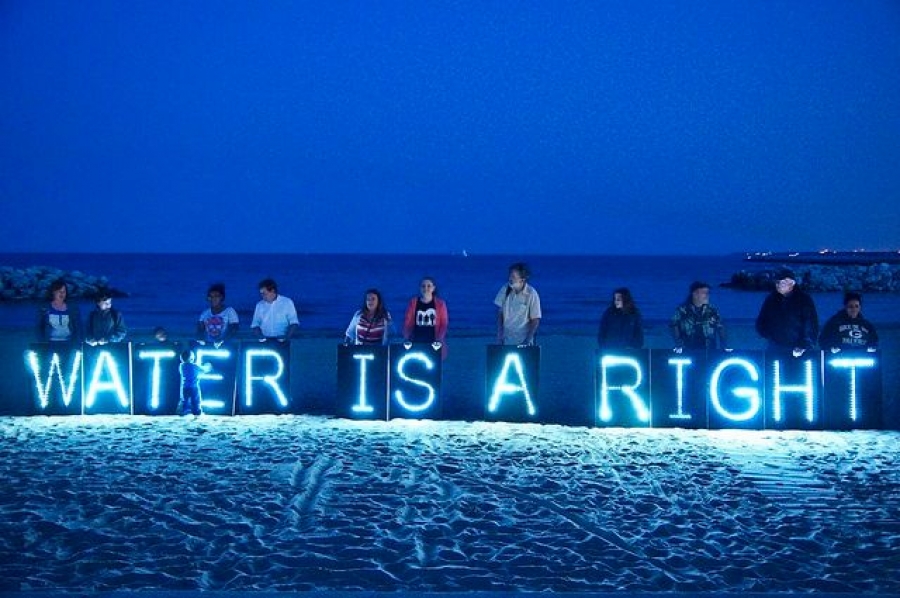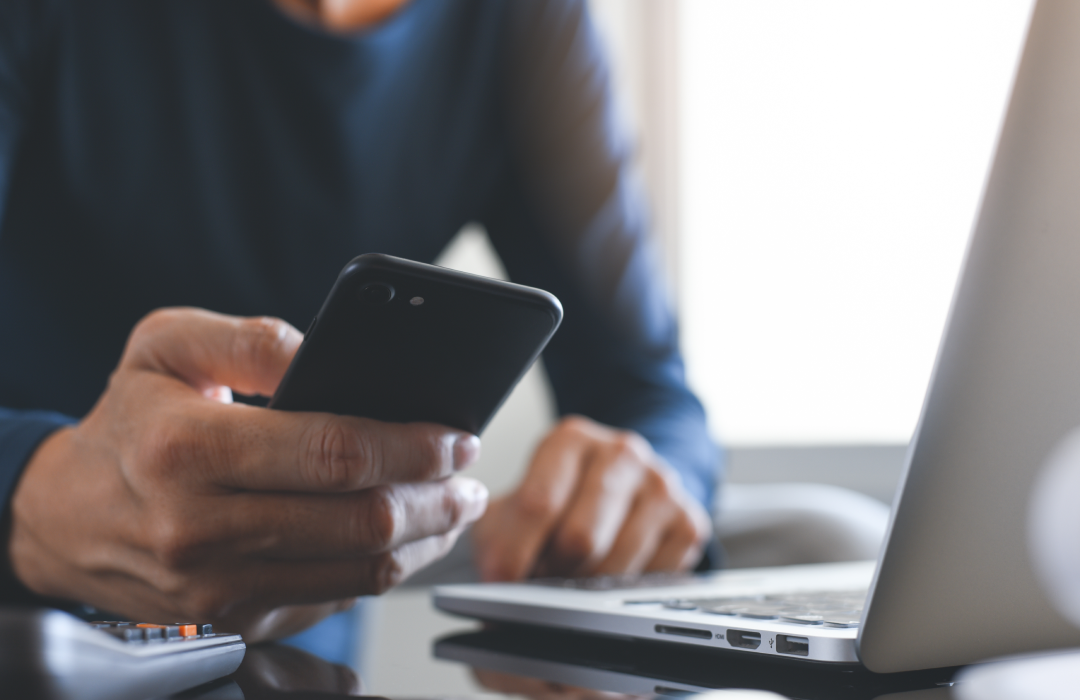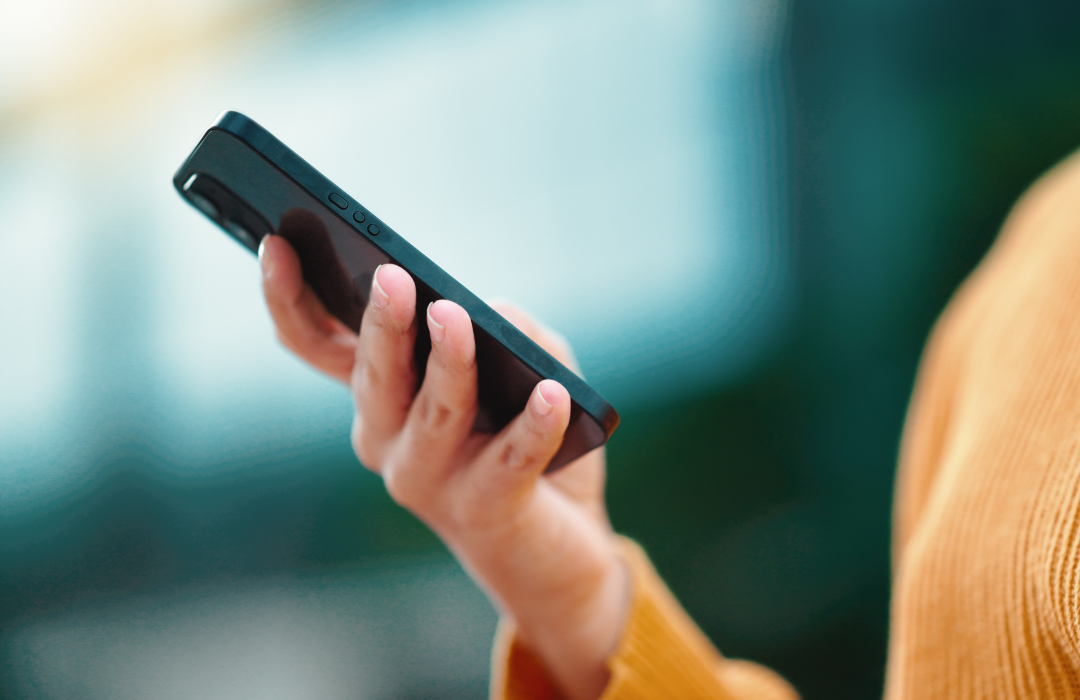Coding The Way To A Human Right: Human Utility Gives Underserved Communities Access To Water
Time to read: 2 minutes

When Tiffani Bell put her number on Human Utility’s website (formerly known as The Detroit Water Project), she received calls at 5am PST almost every morning from Detroit residents wanting an answer about their water bills.
There’s no easy way to explain how thousands of Detroit residents ended up without sustainable access to water. When you start talking about the economy, infrastructure and climate change the focus gets lost. Tiffani wants to help people. But helping people at scale requires more than one person and more than one number.
Human Utility, And A Water Problem In Detroit
Human Utility (H.U) crowd funds to help underserved communities in Detroit and elsewhere, who can’t pay their bills. Human Utility users frequently check the status of their applications and their bill. By the nature of the Human Utility’s work, if they’re getting contacted it’s almost always an emergency. If you don’t have water, you don’t have time to wait for water.
The people H.U serves are typically lower-income and don’t have reliable access to an internet, or a smartphone. When Tiffani was searching for a reliable, immediate, and scalable way H.U users could reach out- she was at a loss.
She tried a Google Voice number. That didn’t scale with their call volume. She tried hiring a call center, but the agents didn’t have context around the issues their users face. They also spent too much time manually authenticating users, and looking application details. This is about where Tiffani put her number on the Human Utility website.
She credits this move to what she calls “the tedium of helping people.” There’s software designed for sales organizations, marketing organizations, enterprises, you name it. But SaaS companies aren’t targeting non-profit’s needs. As a former Code For America fellow, Tiffani knew she’d have to build something herself so she chose Twilio.
Now, when a H.U user calls in to check on their application, they’re authenticated via their phone number. They can check their application status and benefits through a programmable IVR. There’s no wait, and far less worry.
“With Twilio- people will call and they’ll have information ready for them,” says Tiffani. “The goal for us is to make it more efficient to get assistance and make it easier for use to help people.”
Simplicity is key for H.U. They only have one number and thousands of users. Using the H.U customer’s phone numbers as a means of authentication, they save the risk of customers not knowing which number to call and centralize all their communication.
Detroit isn’t out of the woods by any means, but Human Utility’s work is inspiring similar efforts in Baltimore and other cities. Tiffani and the team are currently working with Philadelphia as well to give access to residents who are struggling to pay their water bills.
With each call, the Human Utility strikes a blow against the historical “tedium” of helping people and gets someone closer to what they need – water.
Human Utility is powered by Twilio.org. Learn more here
Related Posts
Related Resources
Twilio Docs
From APIs to SDKs to sample apps
API reference documentation, SDKs, helper libraries, quickstarts, and tutorials for your language and platform.
Resource Center
The latest ebooks, industry reports, and webinars
Learn from customer engagement experts to improve your own communication.
Ahoy
Twilio's developer community hub
Best practices, code samples, and inspiration to build communications and digital engagement experiences.


